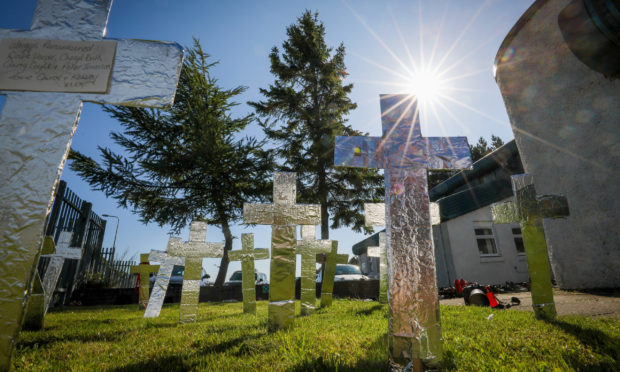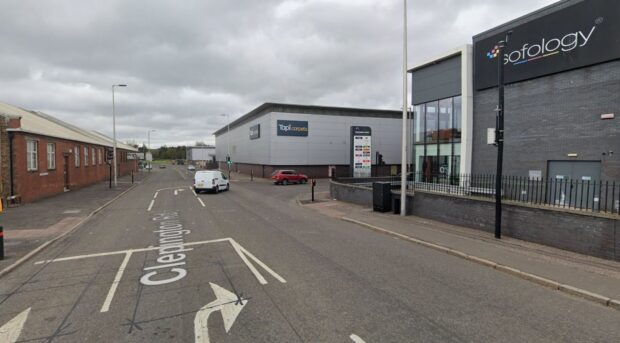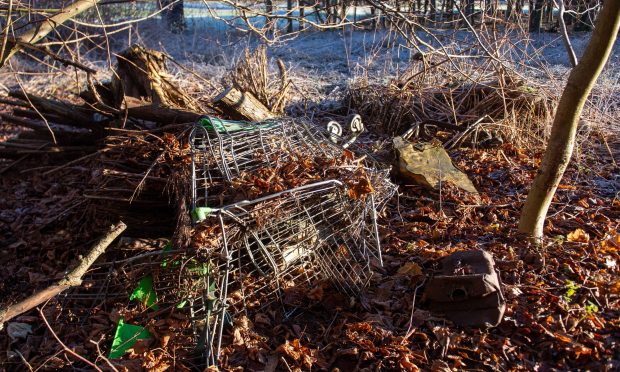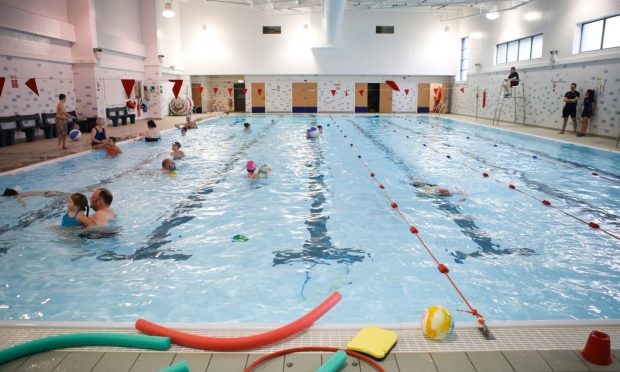The number of drug-related deaths in Dundee is on course to be the highest on record this year.
New figures, yet to be released publicly, have shown there were 67 drug deaths in the city in 2019/20, the same as the previous year.
However, during the peak of the coronavirus pandemic, from April to June, there were 26 fatalities relating to substance misuse sparking fear the total may soar to over 100 by the end of the year.
Since 2016, the drug death rate in Dundee has surged and there are fears Covid-19 has set back work to reduce the toll.
Simon Little, the independent chairman of the Dundee Alcohol and Drug Partnership, said last month that progress had been made on “reaching out” to high risk users but coronavirus restrictions had slowed down some vital work.
The pandemic has also delayed the official publication of statistics for the city and Scotland overall but new figures seen by The Courier show the numbers are not going down.
Lochee Labour councillor Michael Marra said: “These figures strongly suggest that rather than drugs deaths falling, the current year may well be the worst on record.
“Should the number of deaths in the first quarter be replicated across the rest of the year the number of Dundonians lost in these dreadful circumstances could be over 100.
“That is an utterly intolerable situation.”
He said it was understandable that Covid-19 had slowed progress over the last six months but that made the case for change more urgent than ever.
“The signs are, unfortunately, that not enough progress has been made and that we continue to lose the lives of many Dundonians as a result,” he said.
The Dundee Drug Commission was formed three years ago to examine the city’s issue with substance misuse. Last year, a damning report said radical change was needed to repair a “fractured” addiction support system.
As the Commission has been unable to meet during the pandemic to discuss the latest drug death figures, a spokesperson said members would be unable to comment.
Mr Marra has now called on Dundee City Council officers to provide timescales for when action can be taken, in light of coronavirus delays.
“The pace of change in our services is far, far too slow,” he said.
“Elected members have seen little evidence of the kind of systemic change that was demanded.
“Building the pace of change requires public scrutiny. Within the next few weeks we must have a date fixed for the reconvening of the Drugs Commission to evaluate progress.”
An update was also given to councillors, outlining what progress has been made in the action plan created by the Dundee Partnership – made up of local public agencies, academic institutions and businesses.
John Alexander, Dundee City Council leader and chairman of the partnership, said there would be “no quick wins'” in tackling the crisis.
“Sadly and no matter how much we collectively want to, you don’t turn around a drug problem that has existed for 20+ years in the space of a year or two and no-one should be under any illusions about the scale of the challenge,” he said.
“The commission itself recognised that while there were short-term actions, any significant progress would be seen over a longer period. That said, I certainly want to see the pace of improvement accelerate, as do all of the partners involved.
“Drug addiction is a complex issue and there are many in the city who have been living with addiction for more than a decade. It’s the combination of local interventions, Scottish and UK government policy change which improve things over time that can make the difference here, not one or the other.
“The city is taking on this issue honestly and head-on, and it was our work locally that led to the national task force being created. We’ve got to challenge and support, in equal measure, and at a national and local level.”










